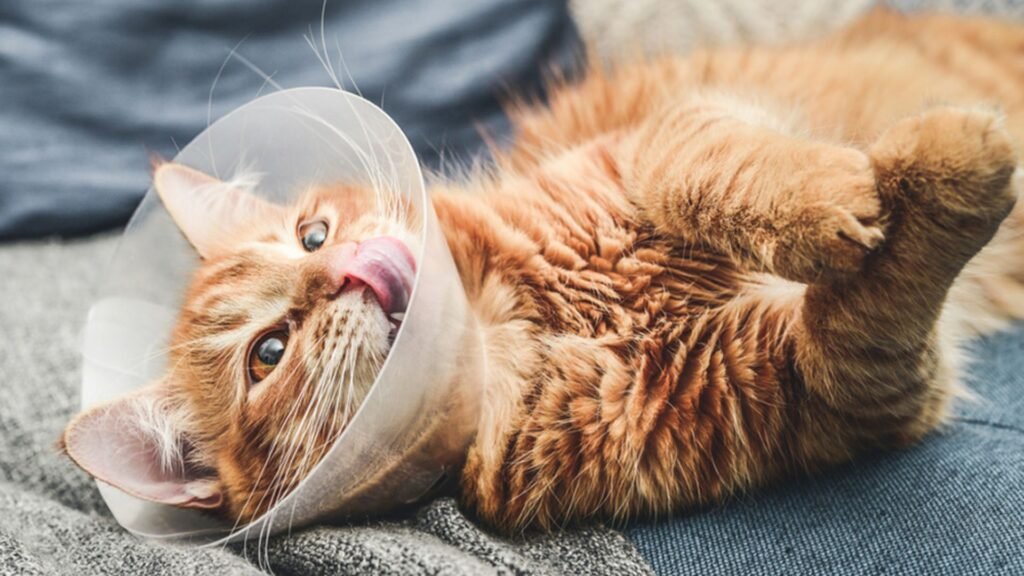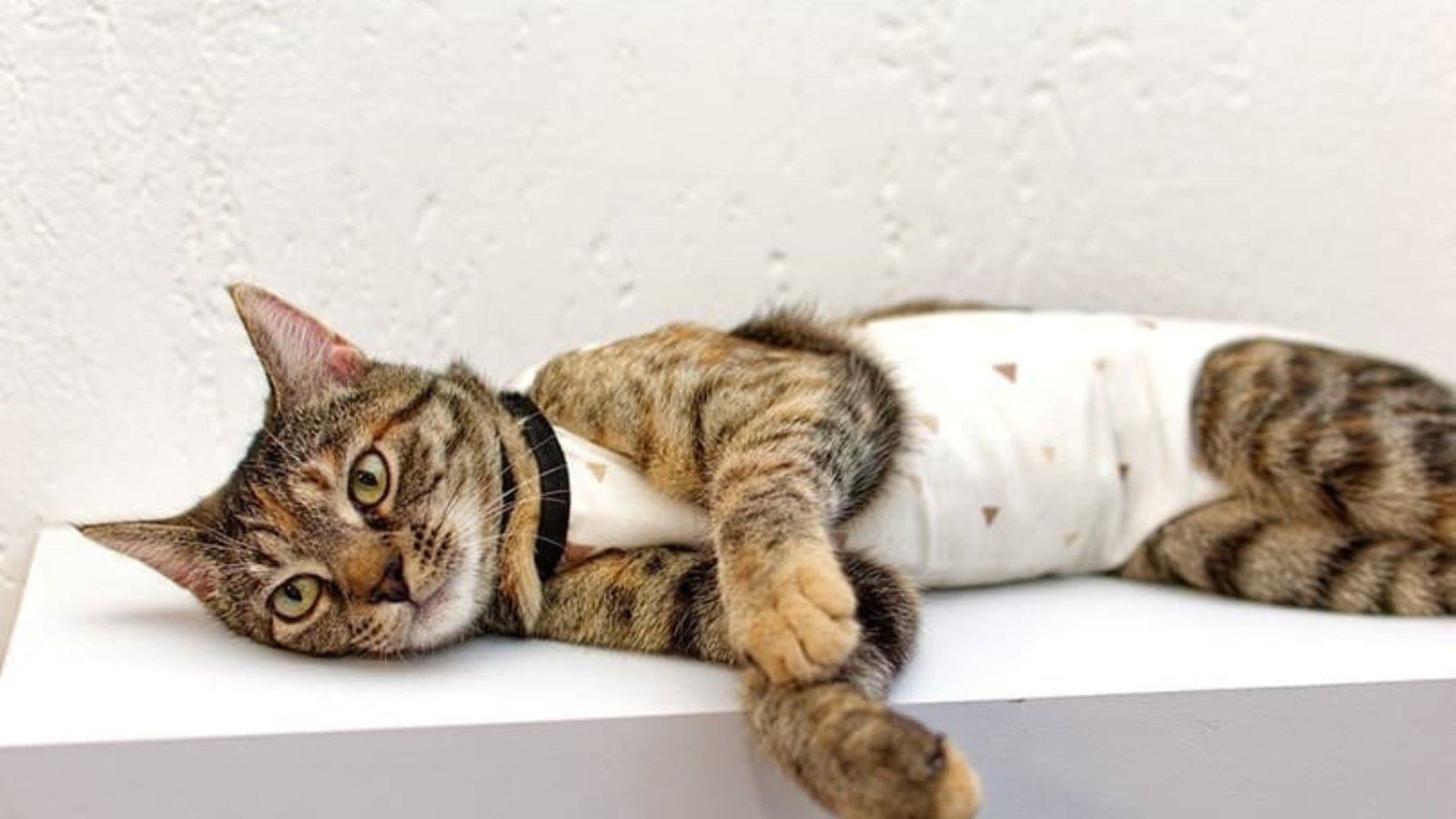Neutering, also known as spaying or castrating, is a common procedure performed on cats to prevent reproduction. While many pet owners understand the basic idea of neutering, its full range of benefits might not be as clear. Neutering not only helps control the pet population but also offers several health and behavioral benefits for your cat. In this article, we’ll explore why neutering your cat is important, what it involves, and how it can improve the life of your furry companion.

Preventing Overpopulation
One of the most significant reasons to neuter your cat is to help control the overpopulation of animals. Millions of cats end up in shelters every year, and many are euthanized due to the lack of homes. By neutering your cat, you help reduce the number of unwanted litters and ensure fewer animals end up in shelters.
- Why It’s Crucial: Neutering your cat means that they won’t contribute to the already overwhelming number of stray or abandoned cats, which helps the overall animal welfare community.
- Promoting Responsible Pet Ownership: Neutering is part of responsible pet ownership. By preventing unintended pregnancies, you contribute to reducing the strain on animal shelters.
Improved Health for Your Cat
Neutering provides numerous health benefits for both male and female cats, many of which can significantly improve their quality of life and longevity.
For Female Cats:
- Prevention of Uterine Diseases: Neutering eliminates the risk of uterine infections (pyometra) and dramatically reduces the likelihood of breast cancer, especially if done before the first heat cycle.
- Prevention of Heat Cycles: Unspayed female cats go into heat (estrus) multiple times a year, which can cause discomfort, excessive vocalization, and changes in behavior. Neutering eliminates these cycles, making your cat more comfortable and easier to manage.
For Male Cats:
- Reduction in Prostate Issues: Neutering reduces the risk of prostate diseases, including enlargement or cancer.
- Prevention of Testicular Cancer: Neutering eliminates the risk of testicular cancer, which can develop in unneutered male cats.
- Fewer Urinary Issues: Male cats, especially those that are not neutered, may be prone to spraying and territorial marking. Neutering significantly reduces this behavior.
As responsible pet owners, we prioritize our cat’s health through proper care like neutering, which reduces roaming and aggression. Similarly, when considering entertainment options, it’s wise to choose reputable sources. For instance, exploring trusted australian online casinos ensures a safe experience, much like how informed decisions protect our pets.
Neutering your cat not only prevents overpopulation but also minimizes health risks, contributing to a longer, happier life. Making educated choices in all aspects, from pet care to leisure activities, reflects our commitment to well-being and responsibility.
Behavioral Benefits
Neutering can have a positive effect on your cat’s behavior, making them easier to live with and less likely to engage in undesirable actions.
For Male Cats:
- Reduced Aggression: Neutered male cats are typically less aggressive and more docile. They are less likely to engage in territorial disputes with other cats and can often coexist more peacefully with other pets.
- Less Marking and Spraying: Unneutered male cats often spray to mark their territory, which can be challenging to manage. Neutering significantly reduces this behavior.
- Reduced Roaming: Unneutered males are more likely to wander in search of mates. Neutering reduces this urge to roam and keeps them closer to home, lowering their risk of injury or getting lost.
For Female Cats:
- Less Vocalization and Yowling: During heat cycles, female cats often become vocal and excessively yowl to attract males. Neutering prevents this behavior and leads to a quieter, more content cat.
- Fewer Behavioral Changes: Unspayed females may become more agitated or anxious during their heat cycle. Neutering keeps them calm and less likely to exhibit these disruptive behaviors.
Reducing the Risk of Injury and Disease
Unneutered cats are more likely to engage in risky behaviors, including fights with other animals, which can lead to injuries or the transmission of diseases.
- Fighting and Injuries: Unneutered males, in particular, may become involved in territorial fights with other cats. These altercations can result in serious injuries or the spread of contagious diseases like feline immunodeficiency virus (FIV) or feline leukemia virus (FeLV).
- Health Risks from Outdoor Roaming: Neutering can reduce the urge to roam, keeping your cat safer indoors. Cats that roam are at higher risk of accidents, injuries, or contracting infectious diseases from other animals.
The Bottom Line
Neutering your cat is a responsible, compassionate decision that not only benefits your pet but also helps address the larger issue of pet overpopulation. It prevents unwanted litters, promotes better health and behavior, reduces the risk of injury and disease, and can ultimately extend your cat’s life. The benefits far outweigh the temporary discomfort of the procedure, and neutering is one of the most effective ways to ensure your cat leads a happy, healthy life.




